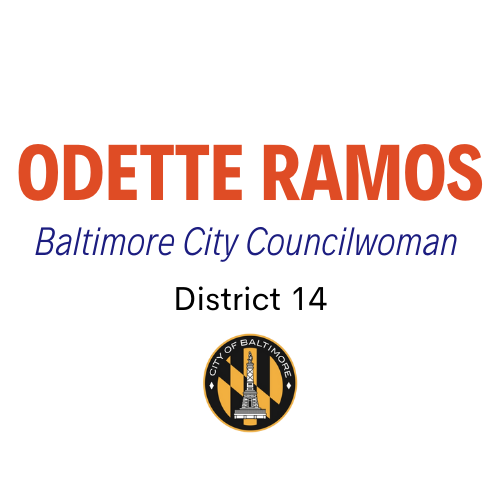Ramos introduces reforms to the Office of the Inspector General Advisory Board
22-0238 – Charter Amendment - Office of the Inspector General- Advisory Board
Background and Justification for Reform:
The Office of the Inspector General investigates waste, fraud, and abuse in City government. It was established in 2007 by executive order under Mayor Martin O’Malley, and then in 2018 a charter amendment made the Office of the Inspector General an independent body.
The Office of the Inspector General Advisory Board is designed to oversee the activities of the Office of the Inspector General, to appoint the Inspector General, provide guidance to the office, evaluate the performance of the Inspector General, and review and revise the annual budget for the Office.
To avoid any perception of conflict or influence of any investigations against us or our peers, the Office of the Inspector General should not have elected officials, their designees, lobbyists, city or state employees, or anyone who does business with the City on this Board. This Charter Amendment changes that and also creates a new process for selecting the Board members.
In looking at OIG systems in other jurisdictions across the US, only seven have Advisory Boards, and of those seven, only 2 have elected officials on the Advisory Boards. This Charter Amendment brings Baltimore into compliance with best practices across the US.
Current Board composition:
Mayor (or designee)
City Solicitor
Comptroller (or designee)
City Council President (or designee)
Member of City Council appointed by the City Council President
Dean of the University of Baltimore School of Law (if Mayor and City Council President agree)
Dean of the University of Maryland School of Law (if Mayor and City Council President agree)
22-0238 proposes a 7-member Advisory Board. Members must:
Not be elected officials, city or state employees, designees of city/state employees or elected officials, lobbyists, or a person running for elected office.
Have some familiarity or experience with inspector generals, law, ethics, and city government, and performance review.
New process for appointments:
Each City Council member nominates one person from each of their districts that fit the criteria outlined in the Charter Amendment. The specific process for selection is not dictated in the Charter Amendment.
Each nominee is placed in one of the following groups. Then the Chair of the Board of Ethics randomly selects - like from a hat - one nominee from each group to serve on the Advisory Board.
· Group 1 - Districts 1, 2, and 3
· Group 2 - Districts 4, 5, and 6
· Group 3 - Districts 7, 8, and 9
· Group 4 - Districts 10, 11, and 12
· Group 5 - Districts 13, and 14
· The remaining 2 members are selected at random by the Chair of the Ethics Board from names given by the Baltimore City Bar Association, Association of Fraud Examiners, Association of Certified Public Accountants.
Should this Charter Amendment be passed by the Baltimore City Council, a question will be placed on the November 2022 Ballot for voters to approve or reject.
This is a fair way to select this important independent body. The current members of the Advisory Committee have served admirably. However, we should avoid the perception of conflict or influence by ensuring this Advisory Board is independent. This Charter Amendment puts in place a fair process - one that residents can trust.
